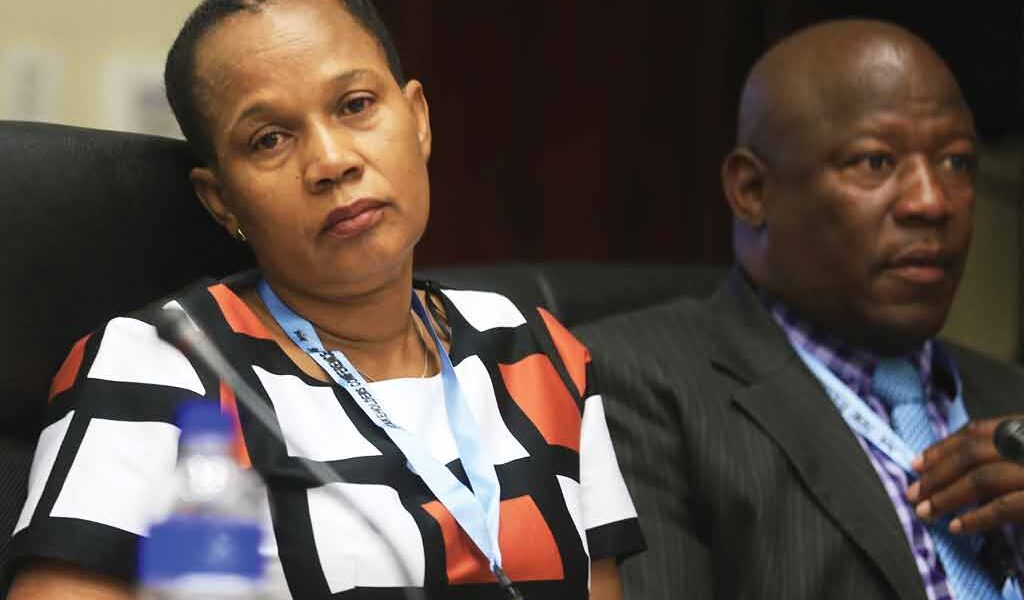LUCAS MODIMANA
Friday 9th December was International Anti-Corruption Day and The Board Room would like to take this opportunity to reflect on the Journey taken by the DCEC since its inception and posit that Botswana’s Directorate on Corruption and Economic Crime has been a success story..
The DCEC was established in 1994 under the Ministry of Justice, Defence and Security with the Director appointed by the president and reporting to the same. The directorate has now been moved to the Ministry of State President. The DCEC has the mandate of fighting and preventing corruption. The success of an institution such as the DCEC heavily depends on its level of autonomy. Different Academic papers have over time argued that the frame work under which the Directorate functions undermines its autonomy and consequently it’s discharge on its mandate (see Keorapetse, 2003; Sebudubudu 2004, Good 2004). These scholars argue that the DCEC ‘does not operate in an ambience of high level of political commitment, operational independence and sufficient capacity in terms of investigatory powers, resources and integrity.’
But what obtains on the ground? Botswana has received international praises from Transparency International and World Economic Forum for being the least corrupt country in Africa. The DCEC is well known for its non-discriminatory approach to investigating corruption cases. The DCEC has in the recent past waged a war on corrupt ministers, state corporations executives, senior civil servants and big business men. In 1998, the then director of roads department, Kebonyekgotla Kemokgatla, was found guilty by a magistrate’s court for conspiring with Nicholas Zakhem after accepting a bribe of P100,000 to award a road construction tender. A cabinet minister resigned as a result of this case. According to 2009 DCEC report, in 2009/10 the Directorate investigated and charged suspects in corruption and economic crime related offences such as bribery, fraud, money laundering and possession of unexplained property. The report further states that in 2010, the Directorate received total of 1851 reports, 770 were referred for investigation, 634 were cases dealing with corruption, 90 were economic crime cases and 46 related to money laundering.
According to the report, the most common offences investigated related to procurement, unlawful land allocation matters, soliciting and acceptance of money as bribes. Among the prominent cases are those of the minister of Finance and Development Planning, Kenneth Matambo who was charged with a single count of corruption (Mmegi 2011) and former Minister of Justice, Defence and Security Dikgakgamatso Ndelu Seretse who resigned from cabinet for a conflict of interest case that went to court. The two ministers were subsequently cleared of any wrong doing by the courts. On 26 October 2010, former Director of the DPSM, Pearl Matome appeared in court to answer charges of failing to disclose her interest in a matter relating to the employment and subsequent promotion of her close relative. She too was acquitted by courts. Other cases include that of the former Executive Chairman of PPADB who won his appeal after being found guilty of corruption by the Magistrate Court and that of former Permanent Secretary in the Ministry of Lands, who also mounted a successful lawsuit after a conviction of abuse of office. Property mogul, Sayed Jamal and deputy permanent secretary in the Ministry of Lands and Housing, Victor Rantshabeng had their land related corruption conviction overturned on the grounds of delayed prosecution.
You will agree with me that the presence of DCEC is felt by ‘Kings and servants’ alike. Keep it up ladies, your ship is on course.

